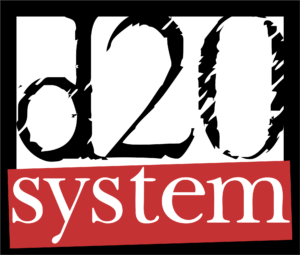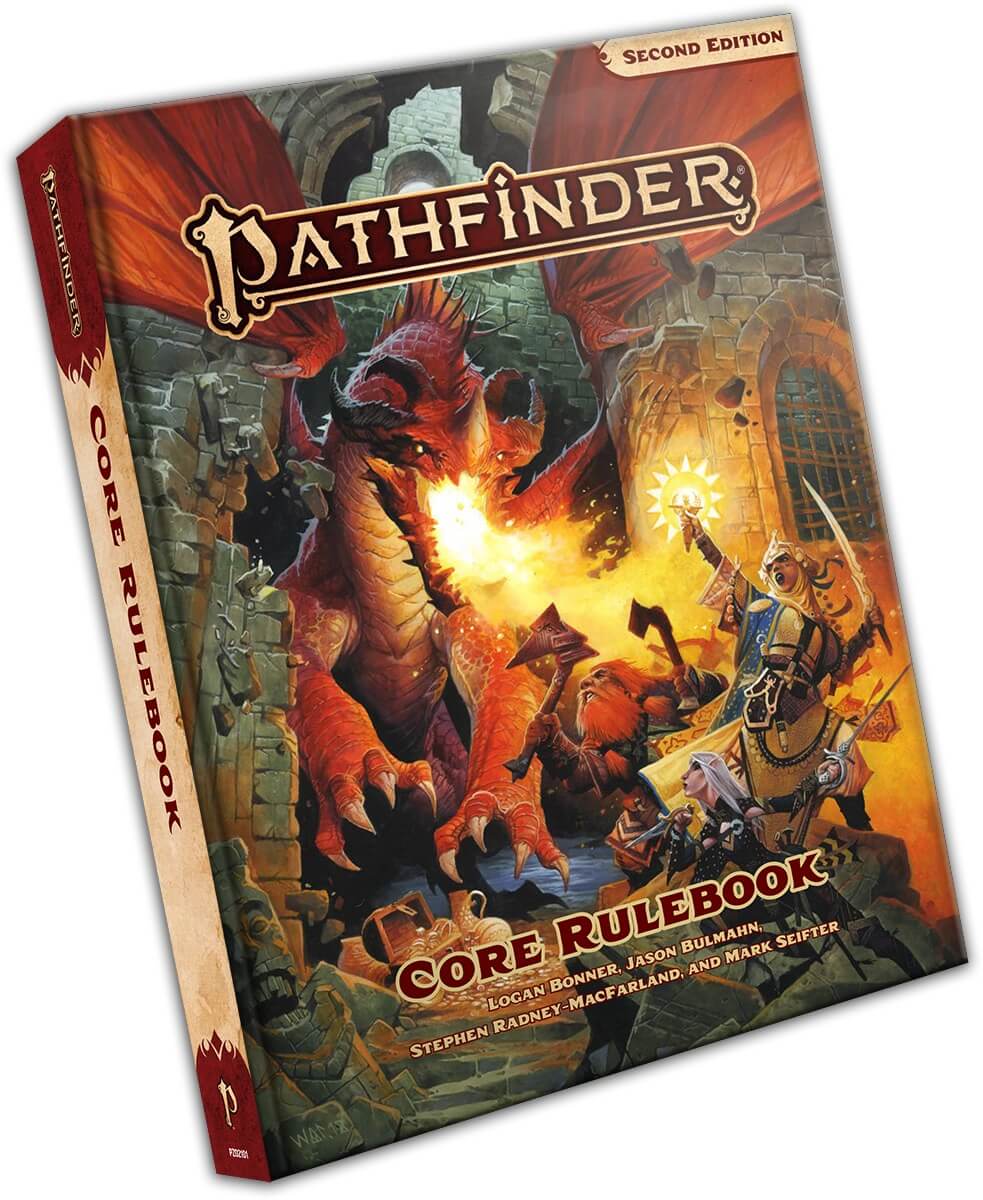THE OPEN GAMING LICENSE (OGL / d20 System)
This Open Gaming License article is related to a multipart series discussing the different versions of Dungeons & Dragons.
Part 3 is probably the article most related to this one, or you can go to Part 1 or Part 2.
History

Near the end of the 1990s, after Wizards of the Coast purchased the rights to Dungeons & Dragons, then Vice President of Wizards of the Coast, Ryan Dancey, came up with the Open Gaming License (OGL). Modeled after similar licenses used in computer software, the OGL allowed third-party creators to freely use some of the rules for D&D in their own projects. More importantly, it allowed them to publish those products for profit. Effectively, this meant that nearly anyone could write adventure modules, rules supplements, and similar products compatible with the D&D game.
The idea behind OGL was based on the idea that sales of third-party D&D materials would ultimately lead to increased sales of the official books as well. By most measures, the plan worked. The early 2000s saw an absolute deluge of 3E/3.5E – compatible products, identified as the ‘d20 System’. With it, the core D&D game found popularity it had not enjoyed since the 1980s. Additionally, several influential RPG publishers, such as Green Ronin Publishing, Necromancer Games, Goodman Games, and Paizo Publishing, found their initial success selling OGL-based products.
Pathfinder

While the OGL allowed a designer to publish supplements for 3E/3.5 D&D, a few companies also used it to produce rulebooks not directly reliant on Dungeons & Dragons. The most notable example is probably Pathfinder by Paizo Publishing. It is largely a revision of D&D 3.5, which became so popular in the early 2010s that it briefly challenged D&D’s dominance of the whole RPG market.
Outside of Paizo, other publishers used the OGL to make rulebooks that emulated older versions of D&D, or made games with only loose connections to the mechanics of 3E. Some of these publishers even made rules innovations that eventually found their way back into later versions of D&D itself.
Even today, the OGL continues to influence the RPG publishing industry and the RPG hobby itself. Paizo released the Second Edition of the Pathfinder game in 2019, and every version of D&D since 3E has included some form of open content license. Notable examples of third-party publishers who produce materials for Fifth Edition Dungeons & Dragons include Kobold Press, Frog God Games, and Monte Cook Games.
OGL 2023
Early in the year 2023, Hasbro (Wizards of the Coast’s parent company) announced that they would be revoking the original Open Gaming License.
Their announcement was met with understandable panic from players and publishers alike, who feared for their games and their businesses. Amidst this chaos and uncertainty, a number of notable publishers who produce games under the OGL came together to work towards a new open-sourced game system of their own that could not be revoked or hampered by any changes to the OGL. A number of players also expressed their displeasure, cancelling their D&D Beyond accounts, and switching their home games to systems like Pathfinder in protest and solidarity.
After several weeks of uncertainty and backlash from the community at large over the planned changes, Hasbro relented. They released a statement indicating that they would not alter the OGL, and that it will remain irrevocably in place. If ever there was evidence for exactly how vital the OGL is to the RPG community and creators, this was it. The sheer scope of potential impact was such that it sparked an enormous amount of controversy.
Lasting impact
Speaking as an RPG fan, perhaps the most significant impact of the OGL is how it changed the relationship between D&D players and D&D designers. At the start of the 1990s, a fan who wanted to distribute original content for Dungeons & Dragons was almost guaranteed a cease & desist letter from the game’s publishers. By the beginning of the next decade, almost anyone could write, publish, and sell their own D&D material. That’s a dramatic shift in a short period of time. And it’s all because of the OGL and its impact on the hobby. And it’s here to stay.
More
This is an ongoing series of articles. In Part 3 we examine 3rd Edition and its revised version (3.5).
